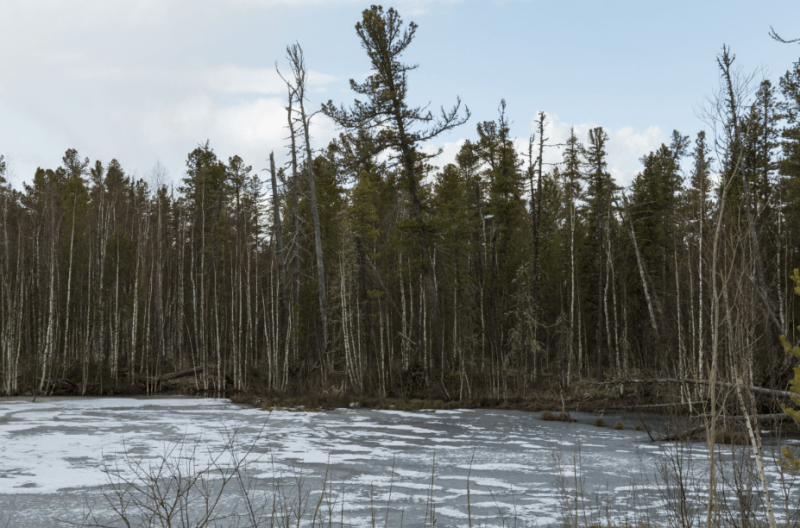With the planet already 1.2C warmer than pre-industrial times, scientists are predicting the Arctic could be ice-free in summers by 2030s. Concerns that the hotter climate will release trapped greenhouse gases like methane into the atmosphere as the region’s permafrost melts have been well-documented, but dormant pathogens are a lesser explored danger. Last year, [virologist Jean-Michel] Claverie’s team published research showing they’d extracted multiple ancient viruses from the Siberian permafrost, all of which remained infectious.
Ways in which this could present a threat are still emerging. A heat wave in Siberia in the summer of 2016 activated anthrax spores, leading to dozens of infections, killing a child and thousands of reindeer. In July this year, a separate team of scientists published findings showing that even multicellular organisms could survive permafrost conditions in an inactive metabolic state, called cryptobiosis. They successfully reanimated a 46,000-year-old roundworm from the Siberian permafrost, just by re-hydrating it.
…
“50,000 years back in time takes us to when Neanderthal disappeared from the region,” he says. “If Neanderthals died of an unknown viral disease and this virus resurfaces, it could be a danger to us.”































